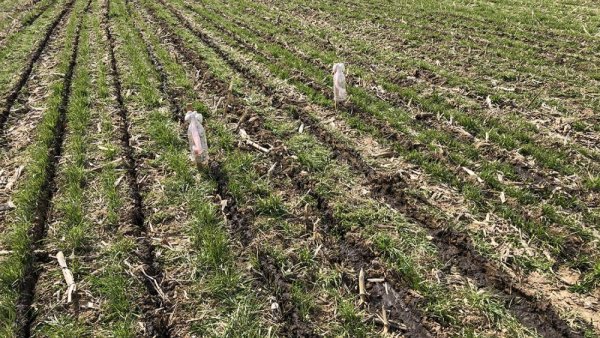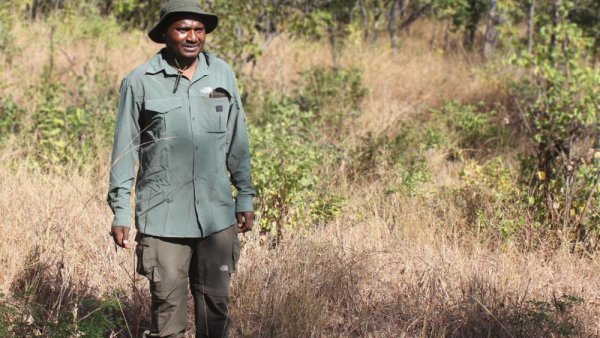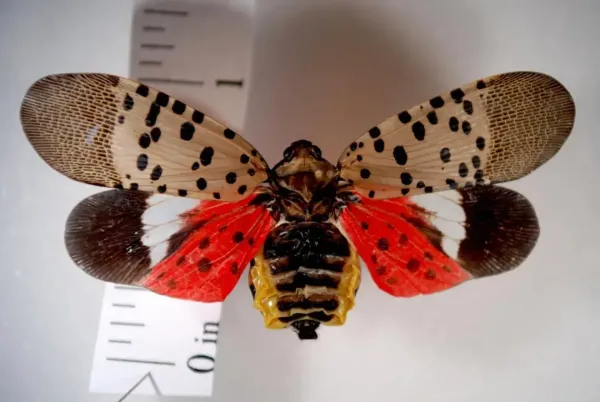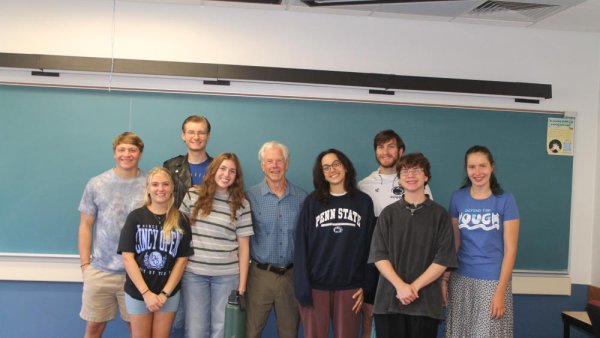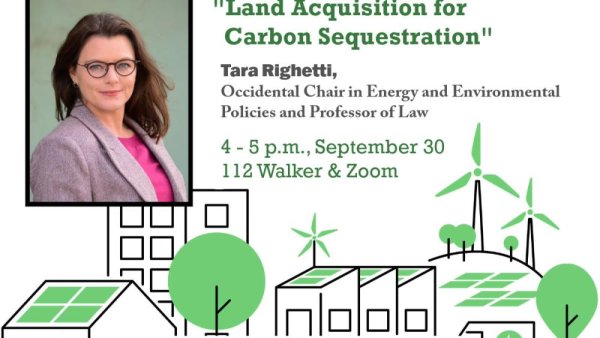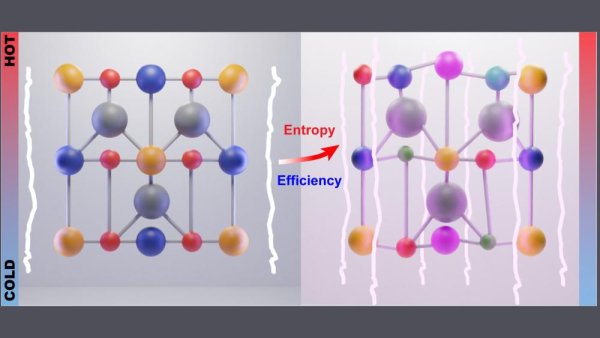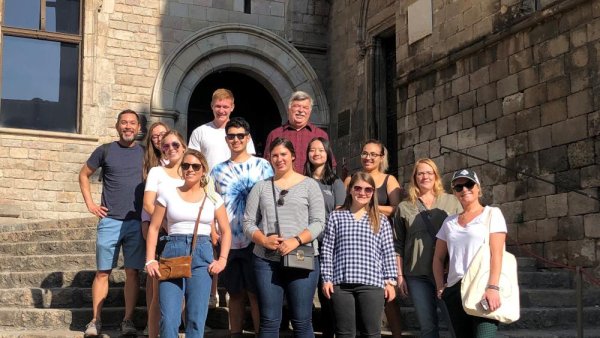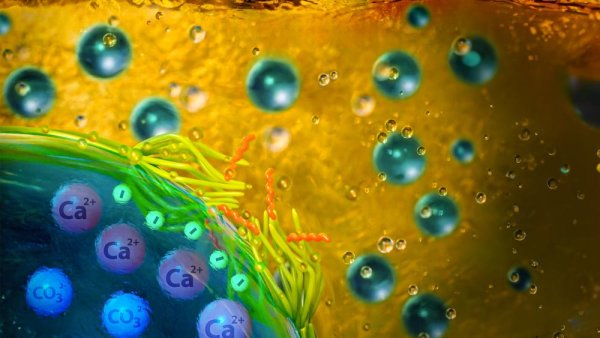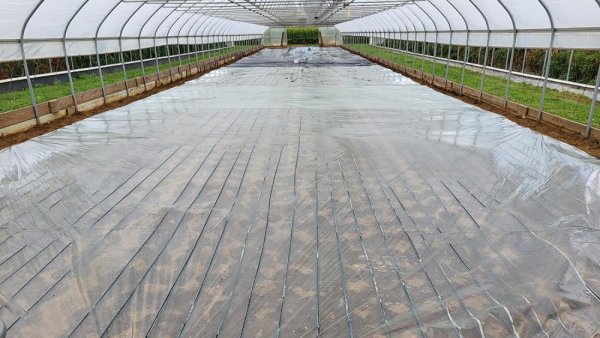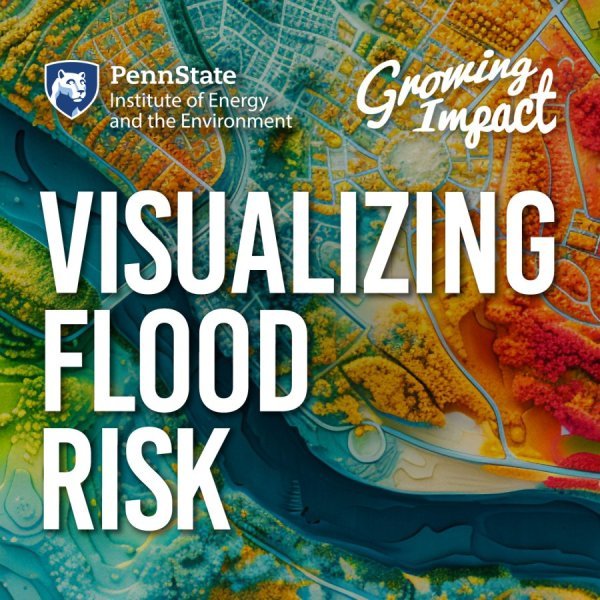Injecting manure into growing cover crops can cut pollution, support corn crops
| psu.edu
To better guide farmers managing nitrogen in the soil, a team of Penn State agricultural scientists conducted a new study on dairy manure management strategies for ecosystem services in no-till crop systems. In findings recently published in Agronomy Journal, they report a new strategy that achieves multiple conservation goals while maintaining corn yield: injecting manure into a growing cover crop in early spring.
Lack of food — not money — drives poaching in East African national parks
| psu.edu
Recreation, park and tourism management researchers at Penn State conducted a survey of 267 households near Mkomazi National Park in northern Tanzania and found that food security was much more important than financial or educational security in motivating people to engaging in poaching or illegal grazing in the park.
New project to support, learn from Indigenous communities facing climate change
| psu.edu
Natural disasters due to climate change have impacted over 2 billion people since the year 2000, with those in Arctic and Pacific communities disproportionally affected. An international team, including researchers from Penn State, has been awarded $1 million to compare climate risks and resilience in Arctic and Pacific Indigenous communities.
Planning for an uncertain future in the Colorado River basin
| earth.com
Penn State researchers develop FRNSIC, a tool to help decision-makers navigate the Colorado River's future amid climate change and drought. This article quotes Antonia Hadjimichael, assistant professor of geosciences.
A dozen Ohio counties under quarantine as invasive spotted lanternfly begins breeding
| cincinnati.com
A dozen Ohio counties remain under quarantine for the spotted lanternfly as the invasive species enters its breeding season. Here's how to fight back. This article quotes Penn State Extension expertise.
Tim Palmer visits as part of the Sustainability Showcase Speaker Series
| psu.edu
Penn State Sustainability welcomed photographer, author and Penn State alumnus Tim Palmer as its first speaker of the fall 2024 Sustainability Showcase Speaker Series. On Sept. 18, virtually and at Foster Auditorium in Paterno Library, Palmer discussed his latest book, "Seek Higher Ground: The Natural Solution to Our Flooding Crisis."
Energy and Environmental Economics and Policy seminar series continues Sept. 25
| psu.edu
Praharsh Patel, doctoral candidate in energy, environmental, and food economics at Penn State, will give the talk, “Behavioral responses to two-part tariffs: evidence from the introduction of volumetric water pricing,” at noon on Wednesday, Sept. 25, in 157 Hosler Building at Penn State University Park.
EarthTalks: Discussion of land acquisition for carbon sequestration on Sept. 30
| psu.edu
Tara Righetti, Occidental Chair in Energy and Environmental Policies and professor of law the University of Wyoming, will give the talk “Land acquisition for carbon sequestration,” at 4 p.m. on Monday, Sept. 30, in 112 Walker Building at Penn State University Park.
Waste heat to green energy: Approach boosts thermoelectric generator efficiency
| psu.edu
Using high-entropy materials, a team led by Penn State scientists created more efficient thermoelectric materials than previously possible, and the advancement could someday help make the technology as efficient as other renewable energy sources like solar.
Decoteau retires from College of Agricultural Sciences after impactful career
| psu.edu
Dennis Decoteau, professor emeritus of horticulture and plant ecosystem health, recently retired from Penn State after a distinguished 26-year career in the College of Agricultural Sciences.
New material prevents mineral buildup in equipment handling water-oil mixtures
| psu.edu
Penn State researchers have developed a new nanoparticle that can prevent mineral buildup in oil extraction equipment and stabilize a commonly used emulsion, or liquid mixture. This development has the potential to make the oil extraction processes more efficient and less harmful to the environment, according to the team.
$1M USDA grant to perfect weed killing method in organic crop production
| psu.edu
Weeds are a major factor limiting yield in organic vegetable and other horticultural crop systems, and the lack of effective biological weed-management solutions is a significant obstacle to the adoption of organic farming practices. The U.S. Department of Agriculture has awarded a four-year, $1 million grant to a team led by plant scientists and an economist from Penn State to investigate anaerobic soil disinfestation, a microbial-driven process to manage weeds, to support transitioning from conventional to organic production systems.

